Though hunting with birds of prey is an ancient art that has been much loved through the ages. Imagine if you could soar through the air with a magnificent hawk or falcon, then you might ask yourself what it takes and how to become a falconer.
This blog will take you through the important things to consider as well as how to get started with your falconry. Whether you’re a seasoned bird lover or a curious newcomer, come with us as we learn all about falconry and attempt to unravel the mysteries of this age-old tradition.
What Is Falconry?
Falconry is a hunting technique in that hunters train a bird of prey, such as a falcon or hawk, to hunt for them. The falconer, a falconry practitioner, works with his bird developing a bond, with his bird working on the hunting skills. Here’s a breakdown of the basics.
1. Basics of Falconry Hunting
- Bird Selection: Typically a falconer will have birds of falcon, hawk, eagle, or owl according to the type of hunting desired and the local laws regarding birds of prey.
- Training: Training consists of teaching the bird to fly to the falconer’s gloves (called a lure), to hunt prey, and to return to the falconer after a successful hunt. It may take months or even years of the patient’s training.
- Hunting: The falconer selects locations where they think the bird should hunt. (i.e. field or forest). They let the bird fly when they see prey and the bird catches the prey.
- Equipment: Falconers use various equipment, including gloves, hoods, lures, jesses (leather straps that attach the bird to the falconer), and a creance (a long line used for training).
2. Role of a Falconer
- Trainer: Training the bird is the falconer’s responsibility and takes patience, knowledge, and skill.
- Handler: The bird should be safely and confidently manageable by the falconer.
- Hunter: The falconer uses the bird to chase prey, the prey being whatever animal that the bird can effectively catch.
- Conservationist: Falconers love conservation and do whatever they can to support birds of prey and their habitats.
3. Legal Requirements for Falconry Hunting:
- Permits: Falconry is regulated in most countries and falconers need permits to have and train birds of prey.
- Bird Species: There are rules as to which bird species can be used for the falconry.
- Hunting Seasons: Hunting seasons and regulations put by falconers have to be followed for the preservation of wildlife. Each state has set its own legal period for falconry hunting.
- Ethical Hunting: You’re supposed to hunt ethically and humanely, but not cause any unnecessary suffering to the prey.
What Are The Essential Skills For Falconry?
To become a falconer, a range of specialized skills, knowledge, and training are essential, as falconry is a demanding practice that involves close interaction with birds of prey. Here’s a breakdown of what’s required:
Essential Skills for Falconry
- Bird Handling and Training: Eventually falconers are required to be able to hold, capture, handle, and train birds with both skill and safety for birds and foster a bond between falconer and bird.
- Observation and Patience: Patience is required, and one must be able to watch birds’ behaviors, pick up on their health cues — that can be very subtle — and focus one’s attention on them.
- Understanding Bird Anatomy and Health: Raptors are sensitive, so knowledge of avian anatomy, common ailments, and proper feeding practices is needed.
- Weather and Environment Awareness: Falcons don’t kill people or pets. However, it is up to falconers, and successful falconers, to first understand how weather and environmental conditions do affect birds of prey, especially for hunting activity.
- Legal and Ethical Responsibility: Falconers know and respect the local and national laws governing wildlife and hunting and practicing ethical care and use of birds of prey.
Knowledge and Training Required
- Raptor Biology and Behavior: Find out about different species, the food they eat, how they fly, how they hunt, and how they reproduce.
- Hunting Techniques: Since falconry usually is hunting with birds, it’s necessary to know something about the behavior of the game, how to track it, and hunting regulations.
- Equipment Use and Maintenance: However, hoods, jesses, leashes, and perches as well as falconry gloves are essential tools. It’s important to know how to use and properly maintain these.
How To Learn From Falconry Experts?
Recommended Resources for Learning
- Books: The Art and Practice of Hawking by E. B. Michell and Falconry and Hawking by Phillip Glasier are well-regarded texts.
- Online Courses and Websites: The North American Falconers Association (NAFA) and the International Association for Falconry (IAF) offer guides and resources. Some falconry schools provide introductory online courses.
- Videos and Webinars: YouTube channels dedicated to falconry and organizations like the British Falconers’ Club, Falconry Ben Woodruff, Wings & Widelands, and many more provide valuable visual learning content.
Do You Need a Mentorship In Falconry?
Beginners need a mentor very much. There is a program for many countries that requires a period of apprenticeship with a licensed falconer and such a person brings with him to the work training, handling, and caring for the bird.
Hands-on guidance is invaluable in falconry and this mentor-apprentice relationship is highly recommended.
There are many organizations where you can find mentorship in falconry, such as The Falconry School which provides a special mentoring scheme for novice falconers.
In addition, the British Falconers’ Club also offers help, advice, and mentoring to those who are serious about becoming falconers. Clubs such as the BC Hawking Club can also help you start making connections with people who have already learned what to do.
How to Find Falconry Clubs and Associations?
Local Clubs: Many regions have falconry clubs that hold regular meetings, training sessions, and events. A search for local falconry associations is a good start.
National Associations: Organizations like NAFA or the British Falconers’ Club can provide resources and connect you with mentors and other falconers.
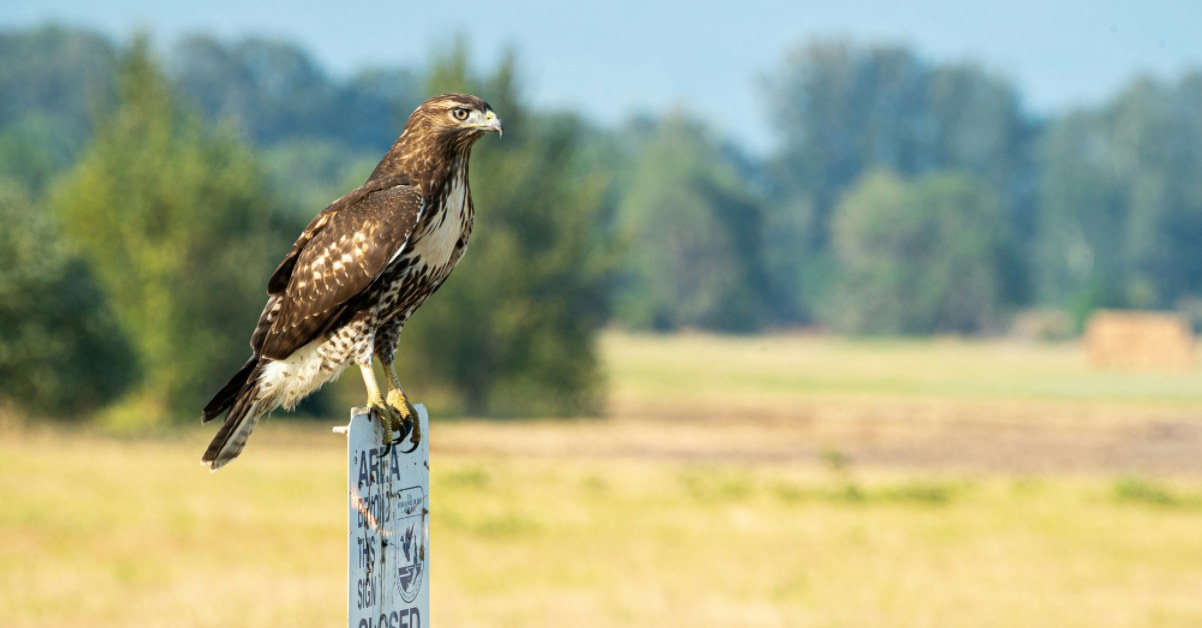
Step-by-Step Guide to Become a Falconer
1. Research and Regulations
- Check local laws: Falconry is regulated in most places. Contact your state/provincial wildlife agency to understand your area’s specific requirements and licensing procedures.
- Understand the commitment: Falconry is a significant responsibility. It requires time, dedication, and financial resources.
2. Find a Sponsor
- Experienced falconer: A sponsor is an experienced falconer who will mentor you throughout your apprenticeship. They will guide you in understanding falconry practices, bird care, and legal requirements.
- Network: Join falconry clubs or online forums to connect with potential sponsors.
3. Pass the Falconry Exam
- Written test: Most jurisdictions require you to pass a written exam to demonstrate your knowledge of raptor biology, bird care, falconry techniques, and local regulations.
- Study materials: Use books, online resources, and your sponsor’s guidance to prepare for the exam.
4. Build Facilities
- Meet regulations: Construct appropriate enclosures (mews) for your bird(s) that comply with local regulations.
- Safe and secure: Ensure your facilities are safe and secure, and provide a suitable environment for your raptor.
5. Obtain Necessary Permits and Licenses
- Application process: Submit your application to the wildlife agency, including proof of your sponsor’s approval, exam results, and facility inspection.
- Fees: Pay the required fees for permits and licenses.
6. Acquire Your First Bird
- Legal acquisition: Obtain your bird from a reputable source, such as a licensed breeder or another falconer.
- Species restrictions: Your choice of a first bird may be limited to certain species, depending on your experience level and local regulations.
7. Apprenticeship
- Hands-on training: Under your sponsor’s guidance, you’ll learn how to care for your bird, train it, and fly it.
- Practical experience: Gain practical experience in hunting with your raptor.
8. Advancement to General and Master Falconer
- Experience and skill: After several years of successful apprenticeship, you can apply to become a General Falconer.
- Advanced skills: General Falconers can apply to become Master Falconers, demonstrating advanced skills and knowledge.
Additional Tips
- Join a falconry club: Connect with other falconers, share experiences, and learn from their expertise.
- Attend workshops and seminars: Enhance your knowledge and skills through educational opportunities.
- Be patient and persistent: Falconry requires dedication and perseverance.
- Respect the birds: Treat your raptors with care and respect, always prioritizing their well-being.
FAQs About Falconry Hunting
1. Is falconry legal in the US?
Falconry is legal in the United States, but very restricted by federal and state regulation. It requires legal practice with licenses and permits.
2. What license do you need to become a falconer?
You must have a general or master falconer license and then the apprentice one if it is your first license.
3. What are some common types of falconry birds?
Peregrine Falcon, Red-tailed Hawk, and Harris’s Hawk are common falconry birds. Each species has different hunting and training characteristics.
4. What are some essential gear for falconry?
The essential Falconry gear includes falconry gloves, jesses, perch, a hood for the bird, and a telemetry system for tracking.
5. What is the best bird for a beginner falconer?
Many consider the Harris’s Hawk to be the best bird for beginner falconers due to its manageable temperament and sociability, making it easier to train with handlers or teaching tethers.
6. Can you make money from being a falconer?
For instance, some falconers earn money by teaching, hunting, or entertaining in falconry displays, but it’s usually not the main source of income.
7. How long does it take to train for falconry?
An apprenticeship of at least two years’ duration, with practical experience, and the taking of examinations.
Conclusion
Falconry is a God-given art that requires dedication, knowledge, and deep respect for nature. With the steps outlined, young people aspiring to become falconers can begin a jovial experience.
Patience is key for building a strong bond with your bird. If properly trained, with ethical practice and a love of these magnificent angels, you can find yourself flying in the skies with your feathered friend.


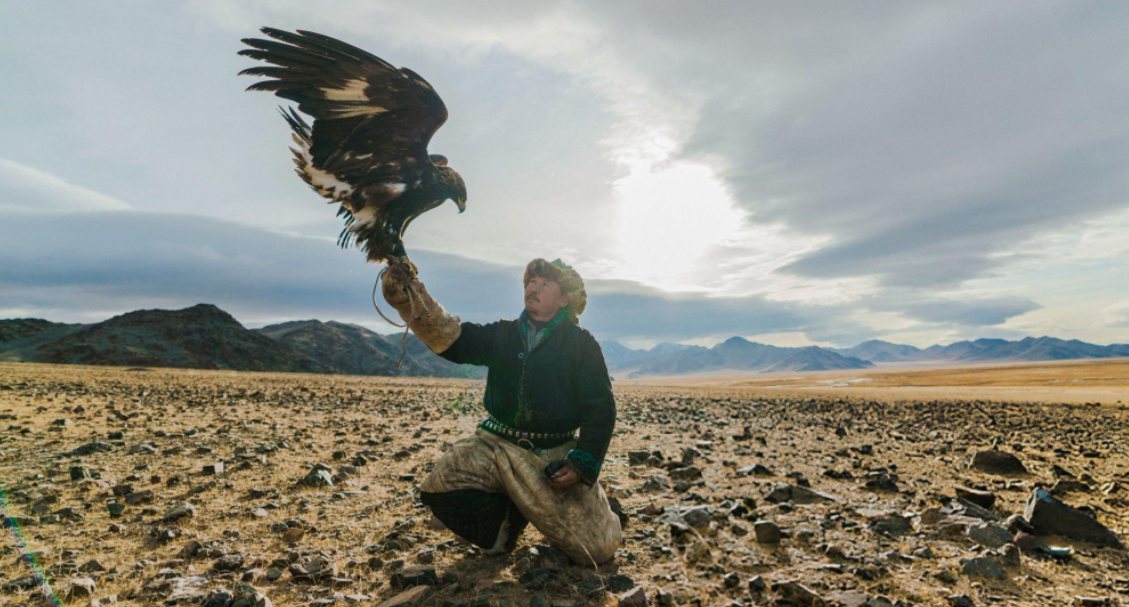
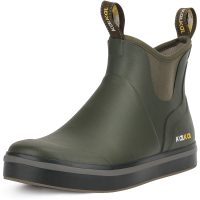



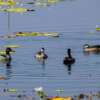



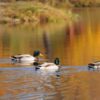








Leave a reply